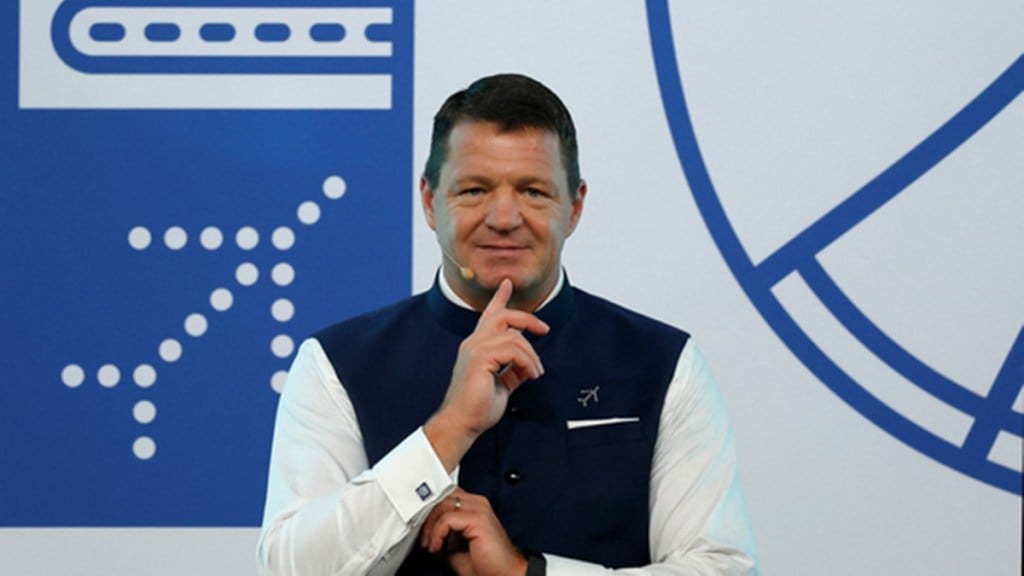In what can be viewed as a strong defence of the the government’s stand on bilateral flying rights and a pointed rebuttal to Emirates president Tim Clark’s demand a day back for expanded seat allocations to Gulf carriers, IndiGo CEO Pieter Elbers on Monday supported the current approach of preserving balance in international air traffic rights.
Speaking at the International Air Transport Association’s (IATA) annual general meeting, Elbers emphasised that bilateral agreements are mutual and must serve the interests of both countries involved, not just one.
“If one side makes more and more noise, it does not mean that side is more and more right,” Elbers said, responding to growing pressure from Gulf carriers. “Bilateral means two sides have to agree on something for the benefit of both.”
His remarks come a day after Emirates president Tim Clark renewed calls for increasing seat entitlements between India and the Gulf, citing rapidly rising demand. “We have been stuck with 65,000 seats (per week) in each direction for just over 11 years. For every seat we sell, there are probably 10 who want it,” Clark said on Sunday.
The seat entitlements between India and the UAE have remained unchanged since 2015. Under the current bilateral agreement, both Indian and UAE carriers are allowed to operate 65,000 seats per week in each direction. These quotas are already fully utilised. Gulf carriers such as Emirates, Qatar Airways, and Etihad have been pressing for an increase to expand their footprint in the high-demand India market.
However, Elbers argued that historical context must be kept in mind. “Historically, there were a massive number of flights into India using the flying rights, but Indian operators were not using theirs, and this should be taken into consideration,” he said. “For the government to first utilise the existing pool of traffic rights before moving to a new pool is a fair and balanced approach,” he said.
The issue is particularly relevant given the rapid expansion of Gulf hubs like Dubai and Abu Dhabi, which have evolved into major transit points for global travel to Europe, Africa, and North America. Indian carriers, meanwhile, are still in the process of scaling up their widebody fleets and long-haul operations.
With Indian airlines constrained by the limited availability of widebody aircraft, currently estimated between 65 and 75, the pressure is mounting to defend market share from heavily resourced Gulf carriers. In comparison, Emirates, Qatar Airways, and Etihad collectively operate over 500 widebody aircraft.
Willie Walsh, director general of IATA, underlined the imbalance. “About 2-3 years ago there were less than 50 widebody aircraft in India for a country with a population of 1.4 billion, which is astounding,” Walsh said. “As we see the expansion of Indian carriers and their access to new global markets, we will also see a corresponding change in the country’s approach to bilateral agreements,” he added.
The Tata Group-owned Air India, has traditionally opposed expanding flying rights for Gulf airlines, except in cases of genuine point-to-point demand, arguing that further liberalisation would erode Indian carriers’ competitiveness by strengthening foreign hubs at India’s expense.
Elbers’ support for the government position underscores a growing consensus among Indian carriers that international expansion must be done on their own terms, ensuring domestic players are not outpaced in their own backyard.

